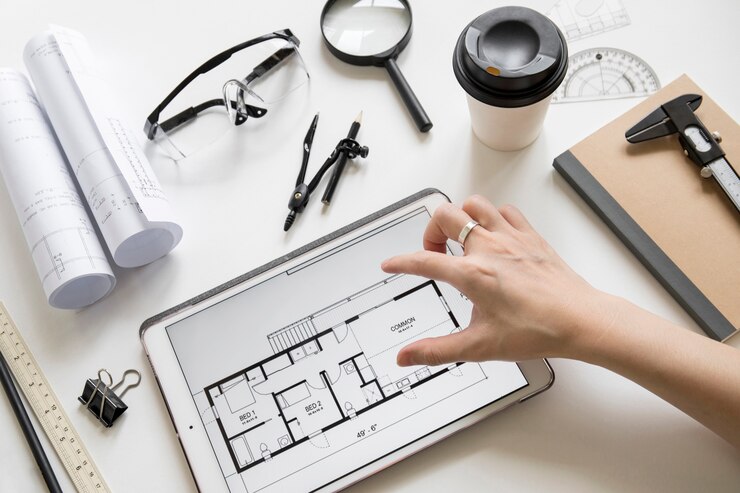1. Professional Fee Structures and Invoicing:
Establishing clear and transparent fee structures is essential for interior design businesses. Whether billing clients on an hourly basis, a flat fee, or a combination of both, meticulous record-keeping and detailed invoicing are critical. This not only ensures timely payments but also provides a foundation for accurate financial reporting.
2. Expense Tracking and Budgeting:
Interior designers often incur various expenses, including materials, furnishings, and subcontractor fees. Implementing robust expense tracking systems and creating comprehensive budgets help control costs and enhance profitability. Regularly reviewing and adjusting budgets based on project needs and market fluctuations is crucial for financial stability.
3. Inventory Management:
Maintaining an inventory of materials and furnishings is integral to the success of an interior design business. Proper inventory management helps prevent overstocking or stockouts, leading to efficient resource allocation. Furthermore, it ensures accurate cost estimation for projects and helps in tracking the value of assets for financial reporting.
5. Project-Based Accounting:
Interior design projects often have unique financial considerations, such as advance payments, milestone billing, and project-specific expenses. Implementing project-based accounting allows designers to monitor the financial health of each project individually. It enables better cost control and facilitates more accurate financial reporting.
6. Client Contracts and Legal Compliance:
Drafting clear and comprehensive client contracts is crucial for protecting both the designer and the client. Ensure that contracts outline payment terms, project scope, and any applicable taxes or fees. Staying legally compliant not only mitigates risks but also fosters a professional and trustworthy business reputation.
7. Tax Deductions for Design Materials:
Interior designers can benefit from various tax deductions related to the purchase of design materials and equipment. Research and stay informed about tax incentives, such as deductions for business-related expenses, office supplies, and depreciation of equipment. Leveraging these deductions can significantly reduce taxable income.
8. Sales Tax Compliance:
Interior designers must navigate sales tax regulations. Understanding the applicable sales tax rates for the location of the project and adhering to local tax laws is essential. Failure to comply with sales tax regulations can result in financial penalties and legal consequences.

